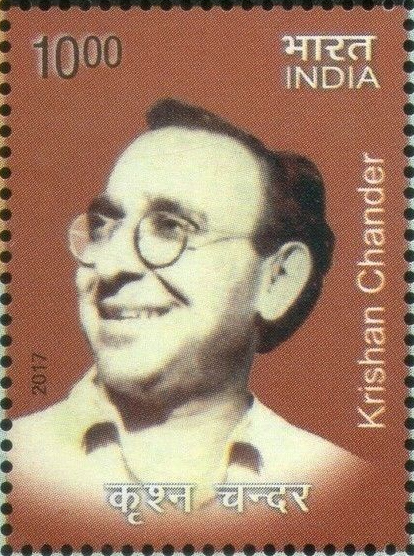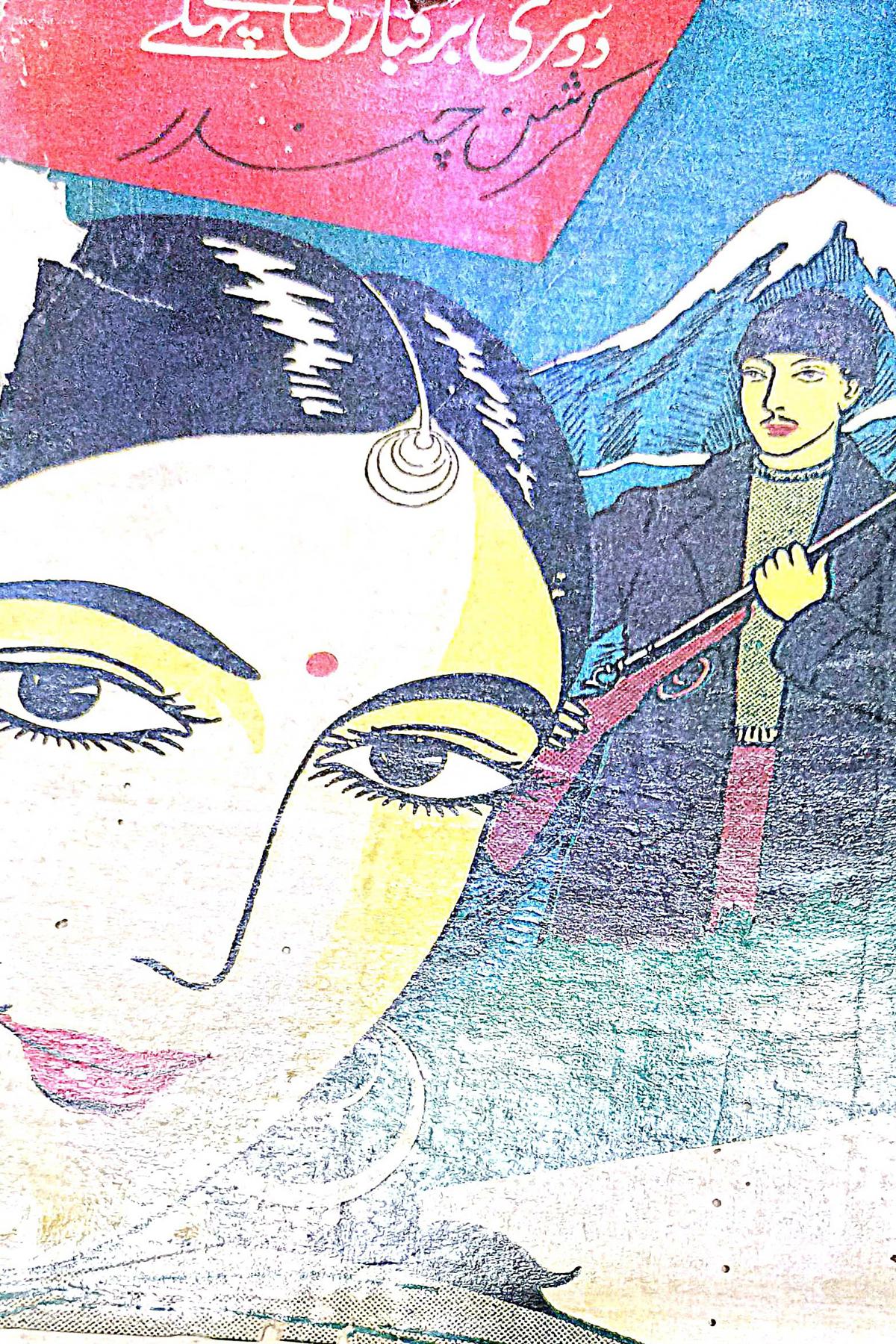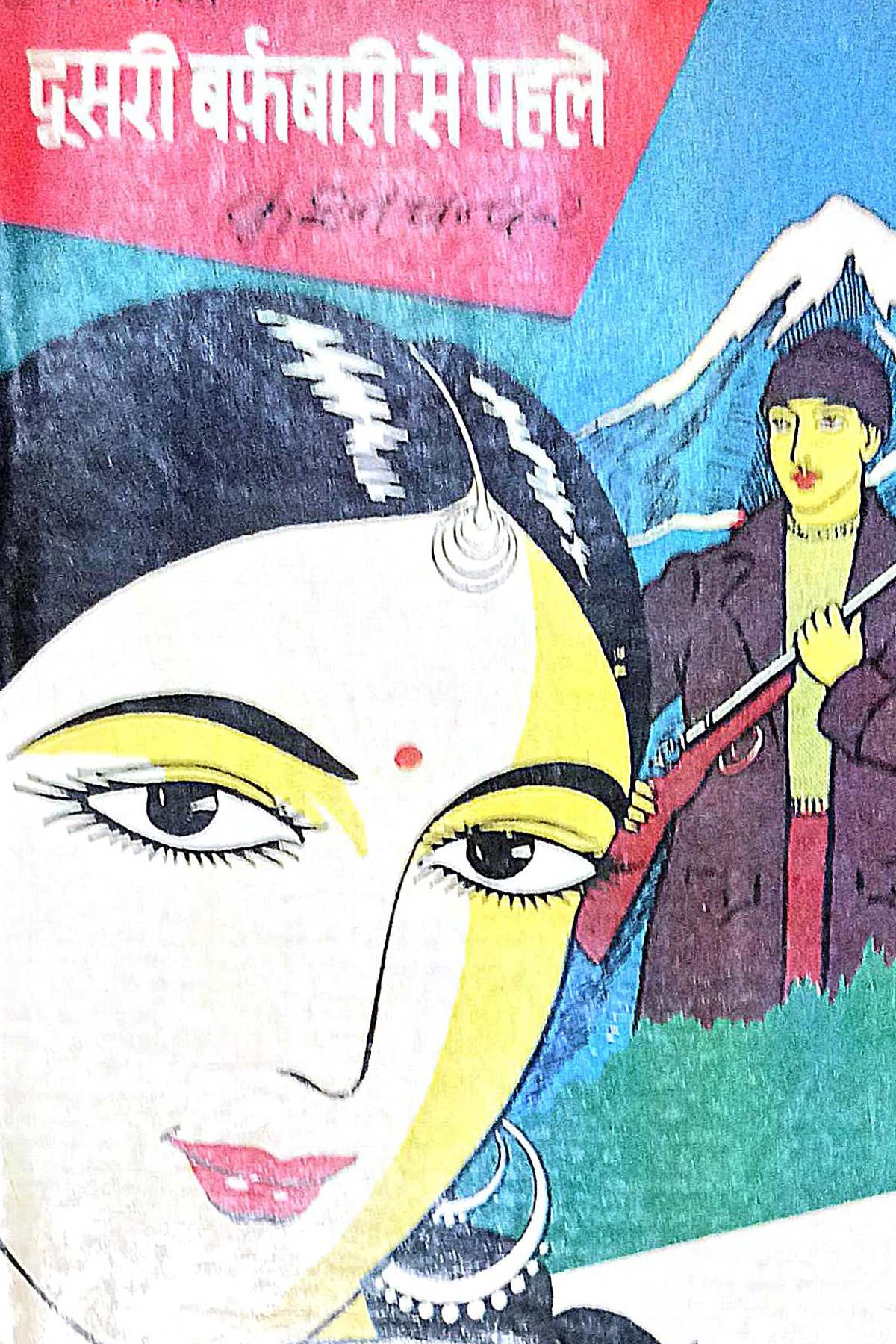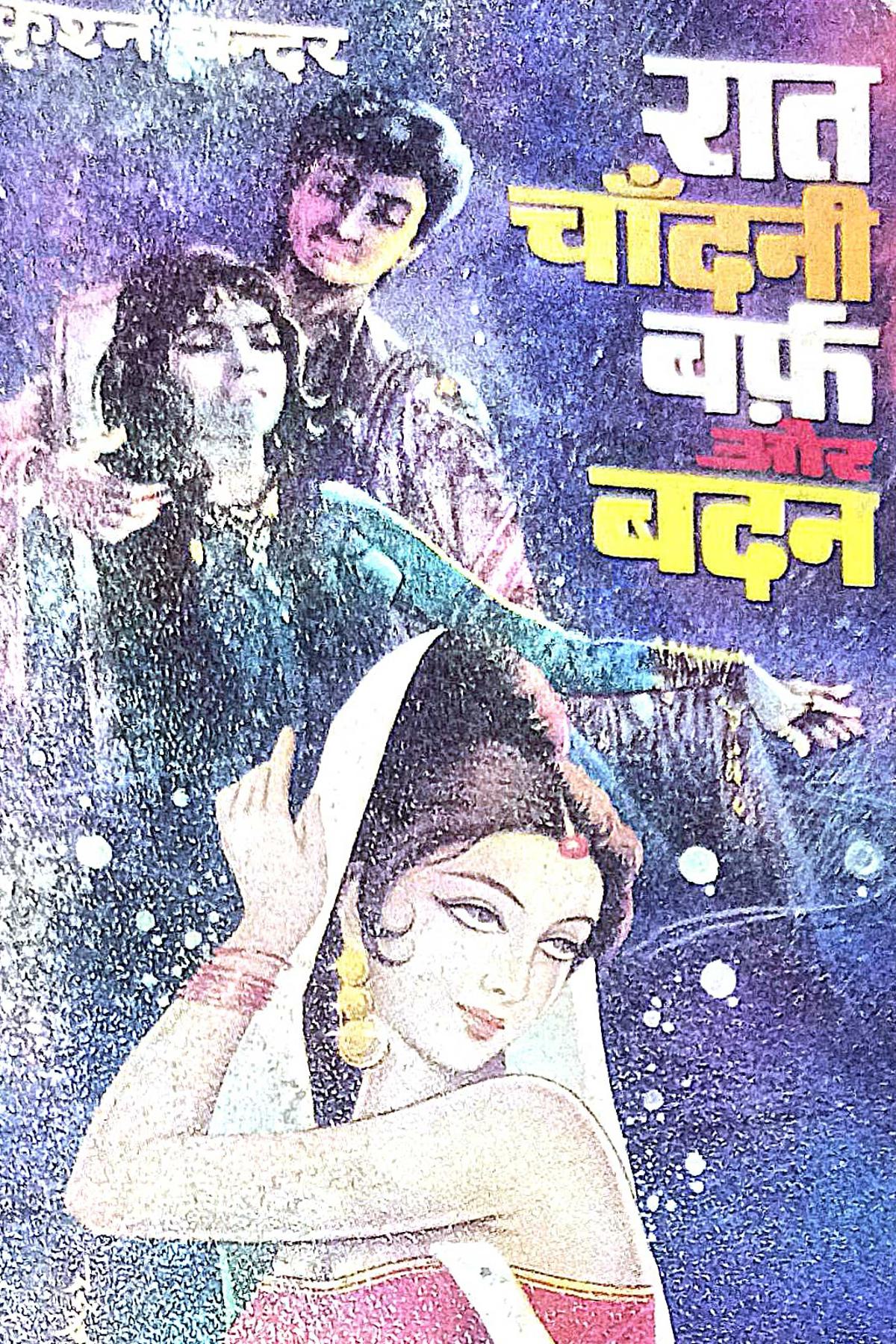
Krishan Chandar
08 March 1977 in Bombay, Maharashtra, India
Krishan Chander (23 November 1914 – 8 March 1977) was a prolific Indian writer in Urdu and Hindi, celebrated for his short stories, novels, and film scripts. Author of over 100 books, including the classic satire Ek Gadhe Ki Sarguzasht, his works often portrayed the struggles of ordinary people, critiquing poverty, casteism, and communal violence. Several of his novels and stories were translated into many Indian and foreign languages, and some were adapted into Bollywood films, cementing his place as a pioneering voice of modern Urdu and Hindi literature.
Biography
Krishan Chander (23 November 1914 – 8 March 1977) was one of the most distinguished voices in twentieth-century Urdu and Hindi literature. A versatile and prolific writer, he produced more than 20 novels, 30 collections of short stories, dozens of plays, essays, and radio dramas, along with screenplays for popular Bollywood films. His works have been translated into over sixteen Indian and foreign languages, reaching audiences far beyond the subcontinent.
Born in Bharatpur, Rajasthan, Krishan Chander spent much of his childhood in Poonch, Jammu and Kashmir, where his father served as a royal physician. His early experiences in Kashmir deeply shaped his imagination, with novels like Shikast and Mitti Ke Sanam reflecting the landscape, culture, and trauma of partition. Educated at Forman Christian College in Lahore, he began writing in Urdu during the early 1930s, publishing his first short story Sadhu in 1932. His literary career soon flourished, and he went on to write about the Bengal famine, the tragedy of partition, and the everyday struggles of common people with a humanist lens.
Chander’s storytelling combined satire, social critique, and empathy. His famous novel Ek Gadhe Ki Sarguzasht (Autobiography of a Donkey) remains a classic of Indian satire, translated into multiple languages. His short story Annadata inspired Khwaja Ahmad Abbas’s landmark film Dharti Ke Lal (1946), which also opened doors for him in cinema. Over the years, he contributed scripts and dialogues to several hit films including Mamta (1966) and Sharafat (1970), while continuing to write in Urdu for his literary audience.
Through his novels and stories, Chander persistently addressed poverty, oppression, casteism, and communal violence, presenting them with deep compassion for the marginalized. He was also known for his humor and imaginative style, often blending realism with satire to highlight social injustices. His characters—whether peasants, urban workers, or displaced families—captured the hopes and struggles of a rapidly changing India.
On the personal front, Chander married twice, first to Vidyawati Chopra with whom he had three children, and later to Salma Siddiqui, daughter of Urdu academic Rasheed Ahmed Siddiqi. He passed away in Mumbai on 8 March 1977 while writing, leaving behind an unfinished satirical essay. In his memory, a park in Poonch, Jammu and Kashmir has been renamed Krishan Chander Park, where his statue stands as a tribute to his literary legacy.
Even today, Krishan Chander is celebrated as a humanist and cosmopolitan thinker whose stories continue to resonate with readers. His vast body of work—ranging from novels like Ghaddar, Jab Khet Jagay, Darwaaze Khol Do, to short story collections like Tilmism-e-Khayal and Annadata—marks him as a true pioneer of modern South Asian literature.
Books by Krishan Chandar


